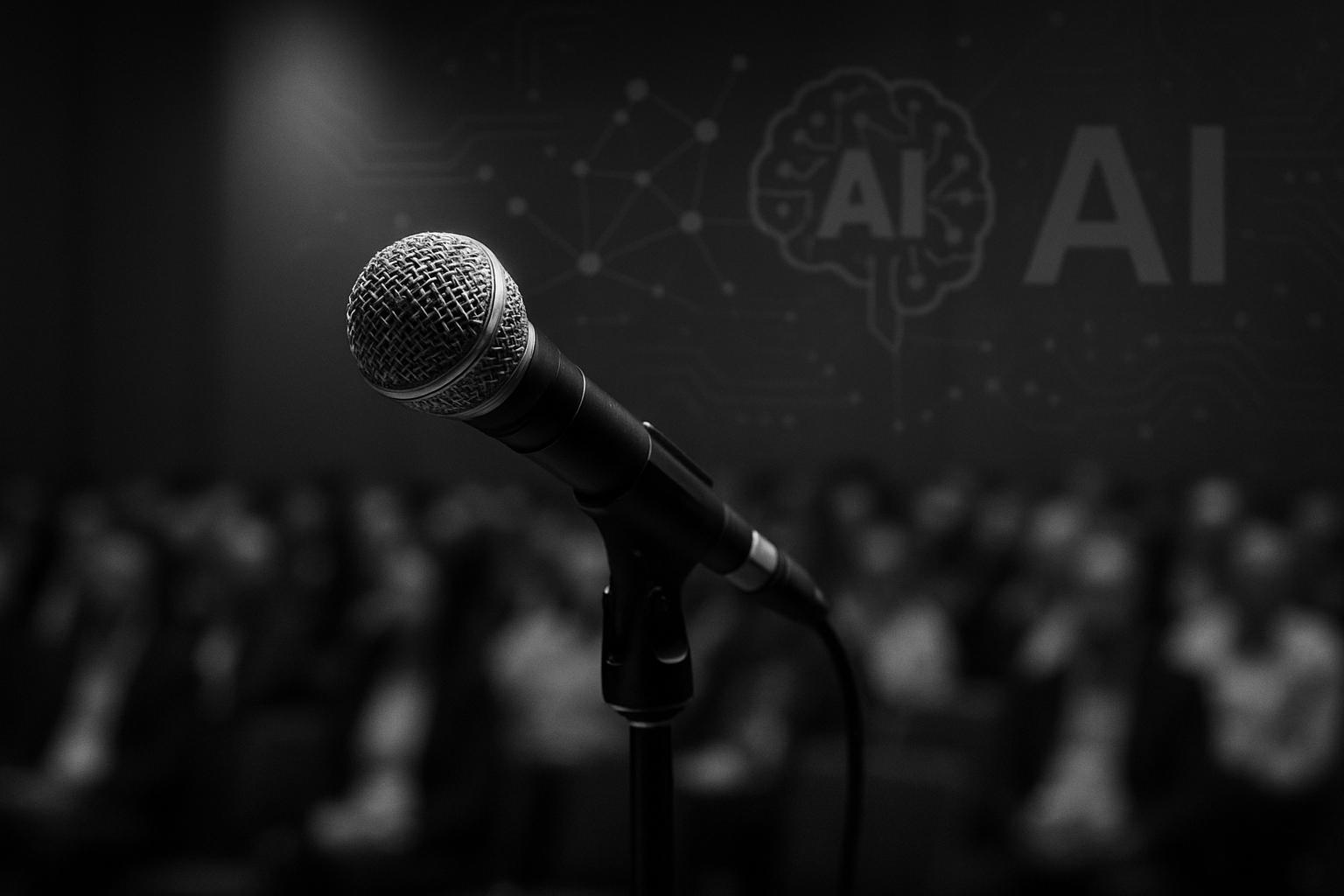On the opening day of London Tech Week, held at the expansive Olympia in Kensington, a unified message reverberated throughout the venue: while the UK stands as a frontrunner in artificial intelligence (AI), it must bolster its infrastructure and ensure its workforce is equipped with the necessary skills to harness the technology's full potential.
During his keynote address, Darren Hardman, CEO of Microsoft UK, revealed forecasts predicting an astonishing £550 billion injection into the UK economy by 2030 if the nation fully integrates AI across both public and private sectors. This figure underscores the transformative power of AI, but Hardman stressed the importance of both technological innovation and talent development. He highlighted Microsoft’s initiative to impart AI training to one million individuals by 2025, encouraging attendees to utilise the company’s complimentary resources to upskill. “Talent – not just technology – will decide which nations lead in the AI era,” he asserted.
In a demonstration of the UK's vibrant venture capital landscape, Carolyn Dawson OBE, CEO of Founders Forum Group, detailed that the country is now home to approximately 17,000 venture capital-backed tech start-ups collectively valued at $1.2 trillion. This robust financial backing reflects an investor confidence bolstered by the UK’s tradition of tech innovation. Prime Minister Sir Keir Starmer, who unveiled various new initiatives during his address, noted the tech sector's remarkable growth—30 times faster than the broader economy—while outlining his government’s vision for the AI landscape. Key announcements included a £1 billion investment to enhance compute capabilities substantially by a factor of twenty, alongside a £187 million tech-first AI training programme aimed at equipping young people in schools and universities with vital skills.
Jensen Huang, CEO of NVIDIA, echoed Starmer's sentiments during a panel discussion, branding the UK as a prime investment destination. “The UK is a great place to invest…you’re the envy of the world!” Huang remarked, emphasizing the need for continued infrastructure development to solidify the country's position on the global AI stage.
The theme of AI as the "defining opportunity of our generation" resonated throughout the day. Hardman underscored how AI fundamentally alters workflows, enhancing both productivity and creativity while alleviating the burdens of routine tasks. Barclays, for instance, has adopted Microsoft 365 Copilot for its 100,000 employees, while the NHS is reportedly employing AI technologies to improve patient care through greater clinician availability.
Beyond private enterprise, the public sector is also recognising AI's transformative potential, with Amanda Sleight, Microsoft’s General Manager for Public Sector, providing insight into using AI to expedite job centre processes, thus facilitating quicker support for jobseekers. The coalition between the public and private sectors is seen as crucial in driving AI advancements forward.
This palpable enthusiasm for AI was matched by a recognition of the challenges ahead. Jensen Huang noted that while the UK excels in AI research, it faces hurdles in terms of digital infrastructure, which must be addressed to fully realise its potential. His remarks coincided with Starmer's announcement detailing a commitment to build new supercomputers and expand national AI capabilities significantly over the next five years, amid criticisms that recent investment initiatives had been insufficient.
Moreover, research from Accenture highlighted the long-term economic implications of generative AI, predicting it could nearly double the UK's growth rate, adding up to £736 billion to annual GDP by 2038. However, this potential remains largely untapped without substantial government and business intervention focused on reskilling the workforce.
As AI’s capabilities continue to develop, there is a shared vision among industry leaders that the technology should not be viewed as a threat to job security, but rather as a catalyst for enhancing the quality of work. As Starmer articulated, “AI and tech make us more human,” by streamlining mundane tasks and allowing individuals to offer more empathetic, human-centred services. Huang further emphasized this perspective, suggesting that AI serves as a “great equaliser,” making complex computational tools accessible to a wider audience.
In closing, Hardman reinforced Microsoft's commitment to building trust through innovation, underscoring that secure, inclusive tools are essential to elevating human potential rather than replacing it. This conviction echoes a broader imperative throughout London Tech Week: collaboration between government, industry, and education will be crucial in navigating the challenges and opportunities that lie ahead in the AI era.
📌 Reference Map:
- Paragraph 1 – [1], [2]
- Paragraph 2 – [1], [3]
- Paragraph 3 – [2], [4], [6]
- Paragraph 4 – [5], [7]
- Paragraph 5 – [1], [4]
- Paragraph 6 – [5], [6]
- Paragraph 7 – [1], [2], [5]
- Paragraph 8 – [1], [6]
- Paragraph 9 – [1], [2]
Source: Noah Wire Services
